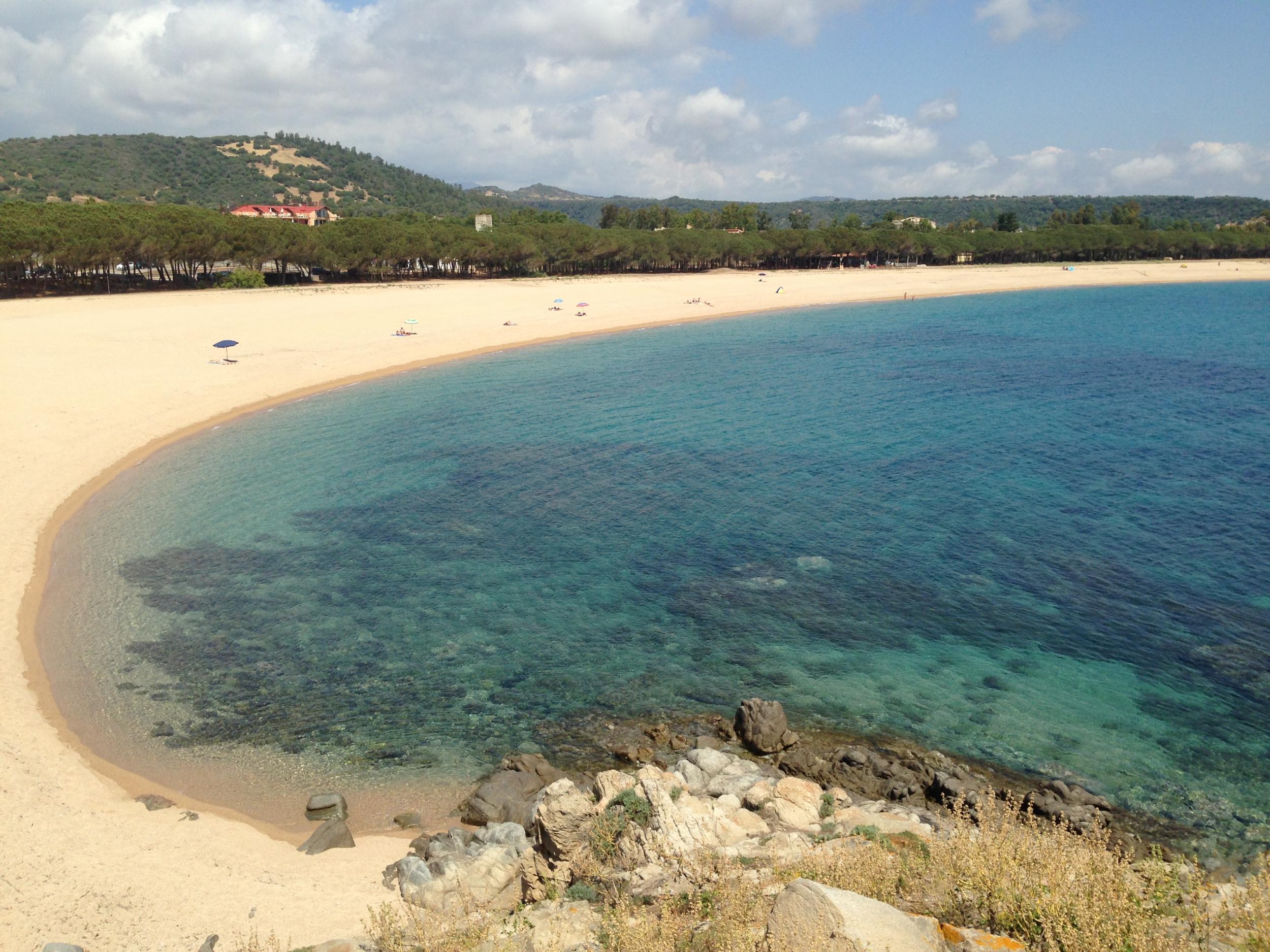Holiday sickness: Government launches probe in crackdown on fake illness claims
Holiday sickness claims are described as “the new whiplash”

The travel industry is being invited to submit evidence of suspected false claims for gastric illnesses by some British holidaymakers.
The Ministry of Justice is launching a Call for Evidence on holiday sickness claims which are estimated to have risen seven-fold in just three years. This is despite there being no increase in in-resort reporting of incidents, nor any rise in claims from other nationalities.
Holiday sickness claims have been described as “the new whiplash”. Tighter rules have closed off the previously lucrative whiplash market, and PPI claims are coming to an end. So attention has switched to holiday sickness claims.
Some firms are cold-calling people to tell them, falsely, that “a fund has been set up to compensate for deficiencies in hotel hygiene”.
In addition touts in resorts approach holidaymakers and say they will earn thousands if they put in a sickness claim. One lawyer said a typical case is “A family of five who all get ill on holiday, they all self-medicate but don’t report illness or consult their GP”.
Tour operators often settle holiday sickness claims out of court, rather than challenge them. Because the claim arises abroad, legal costs are not controlled and can be out of all proportion to the damages claimed.
In a case with an award for £5,000 in damages, costs can amount to £25,000. The projected total cost of claims to the industry in 2016 was estimated by the travel association ABTA to be in excess of £240m.
Hoteliers, who sometimes end up picking up the bill, have warned they may stop offering all-inclusive holidays to British tourists — and some are also recording holidaymakers’ behaviour so that they can fight claims that come in later.
In the summer a judge threw out a £10,000 claim for holiday sickness, describing the plaintiffs as “wholly implausible” and ordering them to pay thousands of pounds in costs.
A couple who had taken their two children to the Canaries in 2013 launched a claim three years later for food poisoning, asserted that they had suffered gastroenteritis lasting for almost the entire their holiday. But on the plane home, they had filled in a survey rating most aspects of the trip as “good” or “excellent”.
Ministers have put forward proposals which would mean tour operators would pay a prescribed sum depending on the value of the claim, making defence costs predictable and helping to deter bogus claims.
The evidence gathered over the next four weeks will be evaluated and there could be new rules on legal costs in force by early next year.
Join our commenting forum
Join thought-provoking conversations, follow other Independent readers and see their replies
Comments
Bookmark popover
Removed from bookmarks